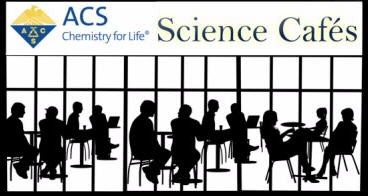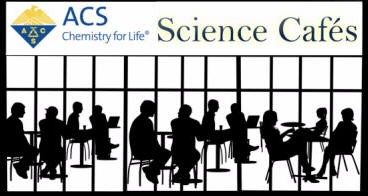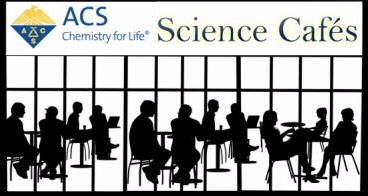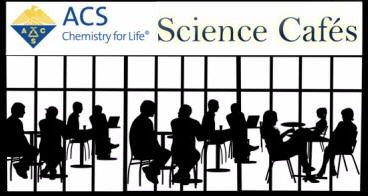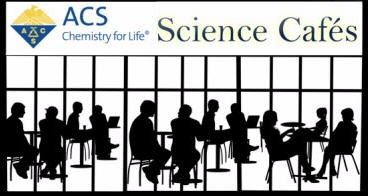Science cafés provide a relaxed, open venue for nonscientists and scientists to discuss current topics. By hosting a science café you can help promote scientific literacy within your local community and invigorate your local section about questions of the day with a scientific underpinning.
Science Café Mini-Grants
The ACS Committee on Local Section Activities provides $500 mini-grants to local sections that wish to host 2024 Science Cafés in their communities. Interested local sections should submit a mini-grant application by September 30, 2024.
If you were awarded this mini-grant for your last Science Café, you must send a summary report before applying again.

